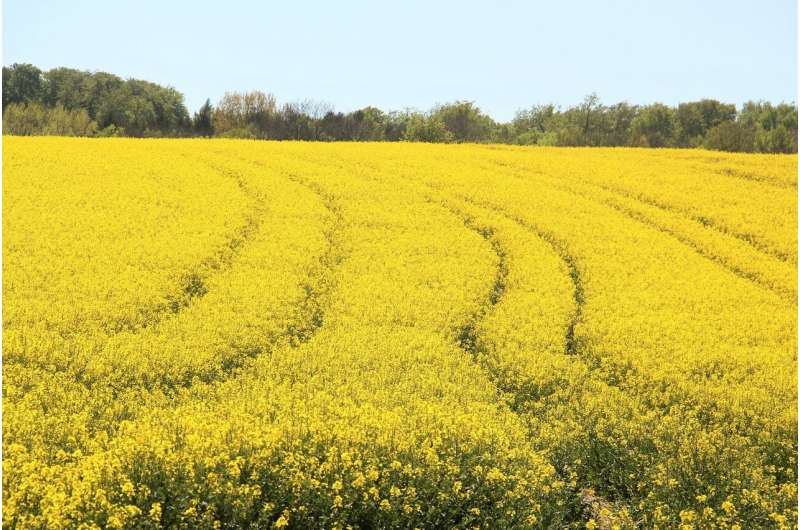Credit: CC0 Public Domain
A major global catastrophe could disrupt trade in liquid fuels used to sustain industrial agriculture, impacting the food supply of island nations like New Zealand that depend on oil imports.
A study in the journal Risk Analysis suggests that New Zealand and other island nations dependent on imported fuel can plan for future emergencies by stepping up their production of biofuel from locally grown crops (like canola) and farming more fuel-efficient crops (like wheat and potatoes rather than dairy).
In the event of a major disruption in liquid fuel imports, results showed that New Zealand would run out of its stored diesel within weeks (with ordinary use) or months (with strict rationing).
Investment in canola biodiesel or renewable diesel refineries could ensure a supply for the country's bare minimum agricultural liquid fuel needs. In addition, fuel could be conserved by farming wheat or potatoes instead of more energy-intensive dairy.
More information: Matt Boyd et al, Mitigating imported fuel dependency in agricultural production: Case study of an island nation's vulnerability to global catastrophic risks, Risk Analysis (2024). DOI: 10.1111/risa.14297
Journal information: Risk Analysis
Provided by Society for Risk Analysis























